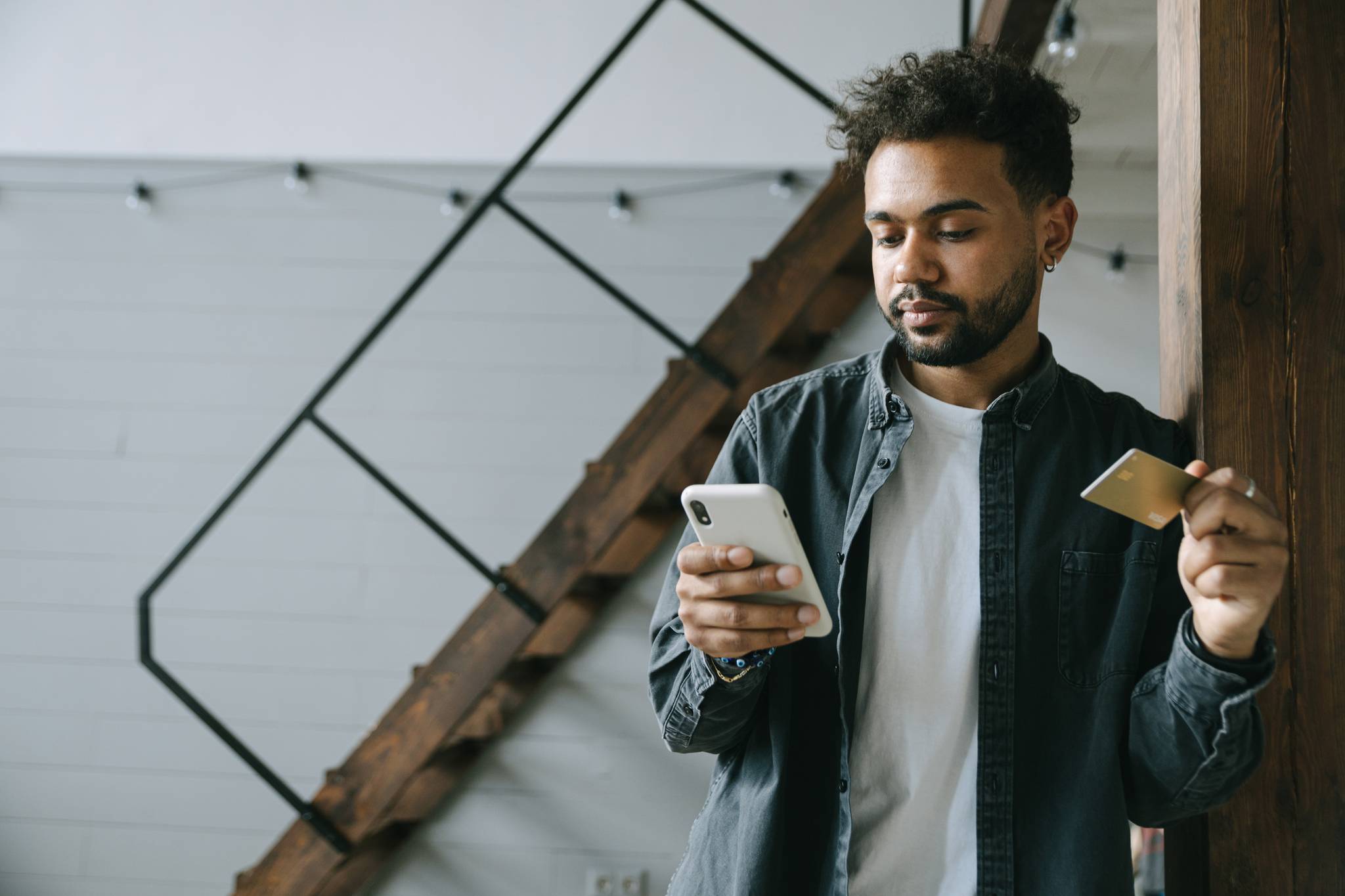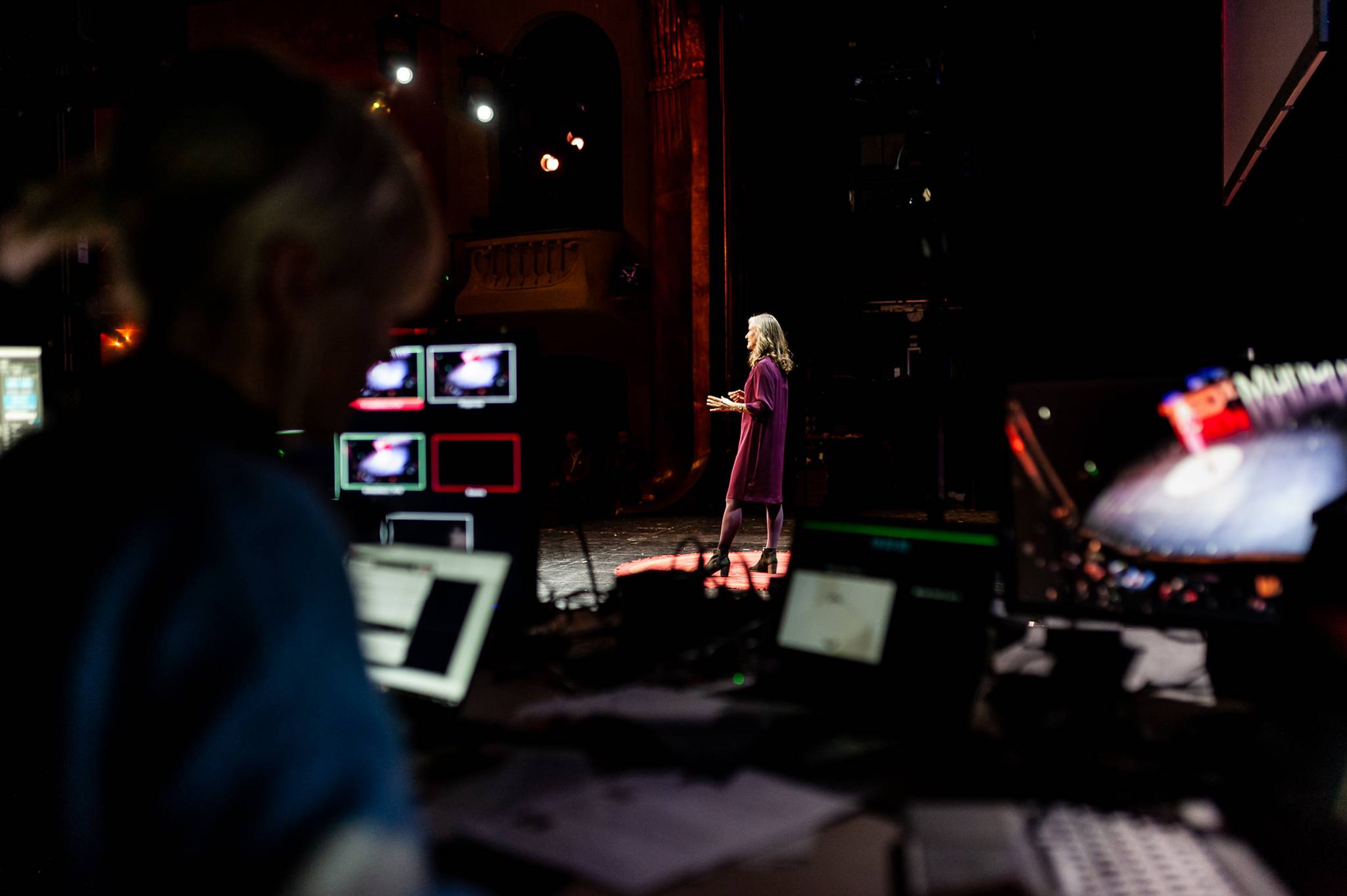
Why do consumers make their choices? What influences the price they pay for a product? And why do they favour one brand over another? We explore the psychological biases businesses can use to win consumers, retain customers, and sell more at the Canvas8 Breakfast Briefing.
Richard Shotton is an expert who covers the intersection of behavioural science and marketing and is the founder of Astroten – an agency that guides clients such as Google, META, and Coca-Cola in using behavioural science to overcome business challenges effectively.
In his latest book, The Illusion of Choice, Richard unravels 16½ psychological biases that businesses can harness to sway consumer decisions in their favour.
We sat down with Richard at a Canvas8 Breakfast Briefing to get a better grasp of the psychology behind consumer choices and how understanding this behaviour can help organisations achieve their business goals and objectives.
Breakfast Briefings are Canvas8’s highly coveted roundtables – a chance for members to listen to thought leaders, innovators and cultural leaders in an intimate setting, followed by an exclusive Q&A.
For those who weren’t able to attend, Christopher Lewis, Global Partner Manager at Canvas8, has summarised the essence of the talk, offering up three key takeaways that can be applied to brands, businesses, organisations, and creative ways of thinking.
💡 Apply behavioural science in real-world settings
Insights from behavioural science and psychology experiments can be applied practically to address real-world problems. Richard spoke about how he drew inspiration from academic studies and applied them to commercial settings, leading to tangible improvements in business outcomes, such as increasing blood donations or understanding consumer behaviour in fashion retail.
❗️ Experiment, experiment, experiment
Richard highlighted the importance of experimentation & innovation, even with limited resources. He described creative experiments he conducted to understand consumer attitudes and behaviours, such as using dating sites to gauge reactions to different brand associations. This emphasis on experimentation underscores the value of exploring unconventional methods to gather insights and drive decision-making.
📈 Use strategic communication to drive action
Understanding societal shifts, consumer behaviours and cultural norms enables organisations to craft more impactful messaging and engagement strategies. Richard advised that by strategically communicating with, and influencing target audiences, organisations can drive brand preference, customer loyalty, and ultimately, business success. In short, understanding what motivates consumers and tapping into this can drive the business outcome you’re after.



